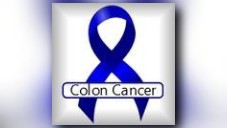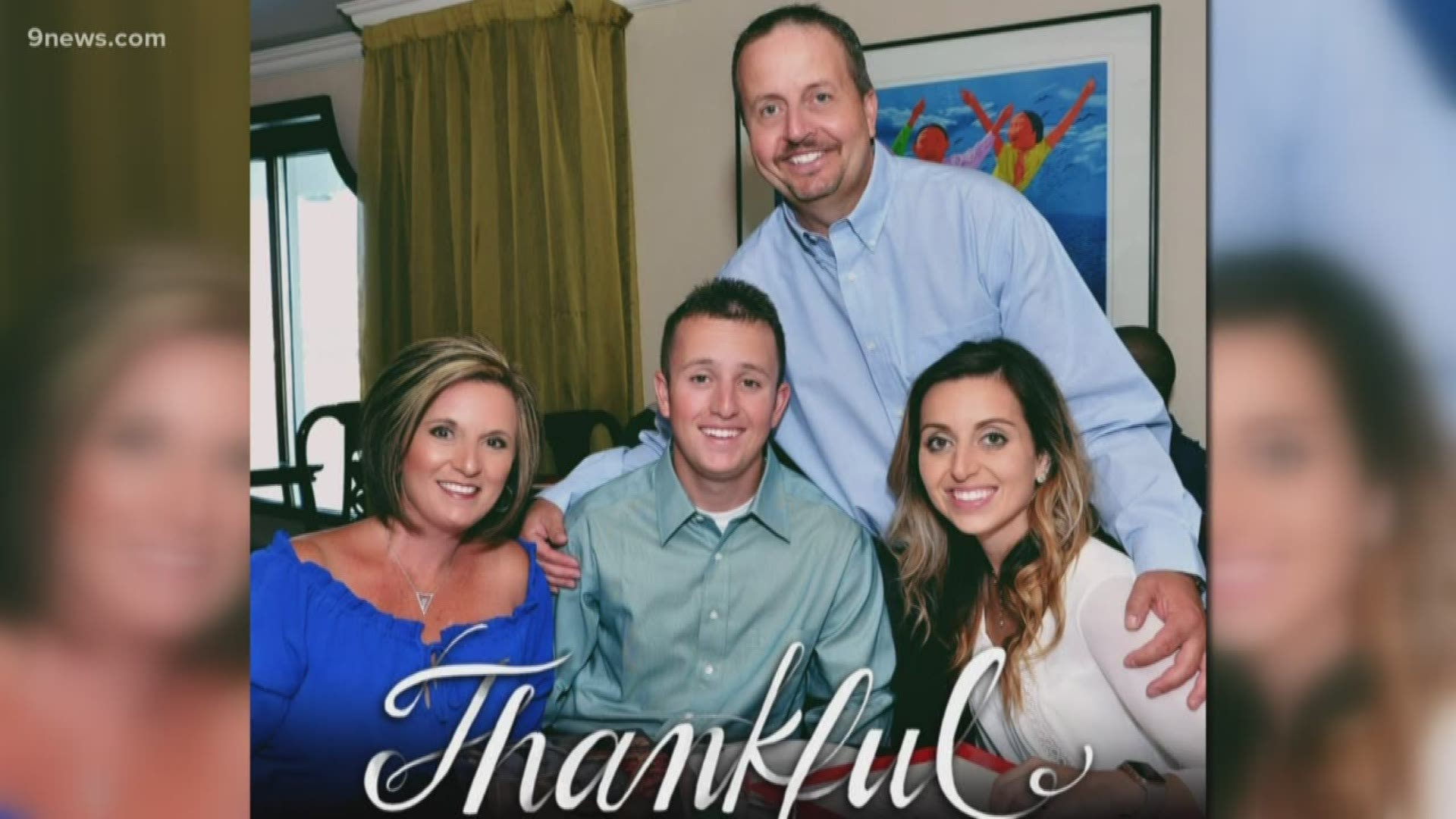Buddy Check9 is a program to encourage people to find a ‘buddy’ to call and remind him/her to get screened or checked for cancer. On the ninth of every month, we will highlight a different cancer or illness: symptoms, treatments and prevention. A buddy can be a family member, colleague or friend.
March is National Colon Cancer Awareness Month. Colorectal cancer is a cancer that forms in the colon or rectum and affects both men and women. It is the second leading cancer killer in the U.S., but it doesn’t need to be with screening.
Symptoms
Colorectal polyps and colorectal cancer don't always cause symptoms, especially at first. Someone could have polyps or colorectal cancer and not know it. That is why getting screened regularly for colorectal cancer is so important.
If you have symptoms, they may include:
• Blood in or on your stool (bowel movement).
• Stomach pain, aches, or cramps that don’t go away.
• Losing weight and you don’t know why.
If you have any of these symptoms, talk to your doctor. They may be caused by something other than cancer. The only way to know what is causing them is to see your doctor. Source: https://www.cdc.gov/cancer/colorectal/basic_info/symptoms.htm
Risk Factors
The most important risk factor for colorectal cancer is an individual’s age. More than 90 percent of colorectal cancers occur in persons over 50 years. However, researchers from the American Cancer Society report in a study published in the Journal of the National Cancer Institute found millennials and Generation X adults in the US have experienced a steady increase in colon and rectal cancers over the past four years.
Other risk factors include:
• Family history of colorectal cancer and/or polyps
• Personal history of colon polyps or inflammatory bowel disease
• Smoking
• Obesity
• Physical inactivity
• A diet high in red or processed meat
• Low consumption of fruits and vegetables
• Heavy consumption of alcohol
Screening Guidelines
Regular screening, beginning at age 50, is the key to preventing colorectal cancer. The U.S. Preventive Services Task Force (USPSTF) recommends that adults age 50 to 75 be screened for colorectal cancer, and that adults age 76 to 85 ask their doctor if they should be screened.
When Should I Begin to Get Screened?
You should begin screening for colorectal cancer soon after turning 50, then continue getting screened at regular intervals. However, you may need to be tested earlier than 50, or more often than other people, if:
• You or a close relative have had colorectal polyps or colorectal cancer.
• You have an inflammatory bowel disease such as Crohn’s disease or ulcerative colitis.
• You have a genetic syndrome such as familial adenomatous polyposis (FAP) or hereditary non-polyposis colorectal cancer (Lynch syndrome).
Speak with your doctor about when you should begin screening and how often you should be tested.
Source: Centers for Disease Control and Prevention
Prevention Tips
• If you're 50 years old or older, talk to your doctor about getting screened.
• If you're younger than 50 years old but may have a higher risk of colorectal cancer, ask your doctor if you should start screening before age 50.
• Learn your family history of cancer and tell your doctor if you think you may have a higher risk.
• Don't smoke.
• Get enough physical activity and limit your alcohol consumption.
• Talk to your doctor if you have blood in or on your stool (bowel movement); stomach pain, aches, or cramps that don't go away; or are losing weight and you don't know why.
Colorado Colorectal Screening Program
The Colorado Colorectal Screening Program (CCSP) is focused on restoring endoscopic screening throughout Colorado. CCSP, which is coordinated through the University of Colorado Cancer Center, partners with federally-qualified health centers, rural health centers, and a number of charitable organizations who have primary care clinics. These clinics and health centers provide no cost patient navigation services for colorectal screening to the medically underserved. (University of Colorado Cancer Center, 2017 http://bit.ly/1orlv97)
To locate participating clinics in your area, please call 1-866-227-7914
Thank you to the Colorado Cancer Coalition for information that was used in this article. The Colorado Cancer Coalition is a statewide collaborative working to eliminate the burden of cancer in Colorado. Our task forces and members work together to improve the life of all Coloradans touched by cancer. To learn more go to http://www.coloradocancercoalition.org. The Colorado Cancer Coalition is a sponsored project of the Colorado Foundation for Public Health and the Environment, a 501(c)(3) nonprofit organization dedicated to improving the public's health and the environment in Colorado and the Rocky Mountain region.


